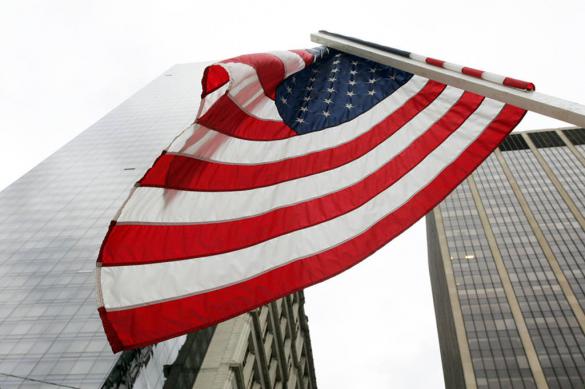Workers' compensation has been essential for most businesses in the United States for decades. The first form of workers' accident insurance was created in 1881 and by 1949 all U.S. states had a basic workers' compensation program.

Although specifics differ by state, the general idea is the same: workers' comp insurance pays workers injured on the job regardless of fault. This means that if an employee falls from a ladder and breaks a leg, they're entitled to compensation whether the ladder was faulty or the employee violated safety regulations.
In light of the coronavirus pandemic, many workers are filing workers' comp claims after contracting COVID-19. Considering the severity of symptoms, workers who recover will need the money to pay bills and buy groceries.
Workers' comp covers lost wages for temporary and permanent disabilities. Coronavirus victims are subject to both short and long-term disabilities. For instance, some people will be out of work for a few weeks while others will struggle to relearn how to walk and talk after being on a ventilator for an extended period of time.
Lawmakers are trying to get coronavirus victims compensated
Several U.S. states have passed legislation to support workers who get infected on the job, but it's tricky territory. For example, Illinois passed a controversial emergency workers' comp rule that was repealed in less than a month. The rule presumed all essential workers who end up contracting COVID-19 contracted the virus on the job, therefore entitling them to compensation. The rule was repealed unanimously because of the high cost to businesses and insurers.
Policymakers are battling over who should be covered and how to make that determination. Most have come to the same conclusion as Illinois - that it's impossible to prove exposure occurred on the job so coverage can't require proof. However, the current system can't support the additional claims.
Workers' comp systems might need to change
Based on current workers' comp systems, businesses and insurers can't afford to compensate every single COVID-19 patient, even if they contracted the virus on the job. In order for all COVID patients to receive financial compensation, the entire structure of workers' comp might need to change.
Experts estimate changing the workers' comp system in California alone will cost $11 billion - just to cover lost wages, hospital bills, and burial costs for coronavirus patients. Like Illinois and New York, the high cost might push the state into bankruptcy and force the reduction of public services.
Insurers have already announced that they're taking a liberal approach to evaluating coronavirus claims. However, if the insurers don't change the structure from within, businesses will be required to absorb the cost.
COVID-19 claims will drive up the cost of insurance
In a post-pandemic world, we can expect both small and large businesses to pay more for policy coverage. Insurance rates always rise alongside risk. That's why workers' comp policies in the construction industry are more expensive than policies for office workers.
If coronavirus patients get automatic coverage, we'll see insurance costs rise for essential businesses that might meet the cost of construction coverage. Since COVID doesn't discriminate, every employee working in an essential position can potentially contract the virus. When risk is higher, the premiums will be higher.
Small essential businesses like mom-and-pop grocery stores and restaurants may not survive a cost increase. Many small businesses have already gone out of business and the ones left standing may not survive the financial impact in the coming months. If the cost of workers' comp policies rises, more businesses are guaranteed to fail.
Does it make sense to approve all who test positive?
Extending workers' comp laws to compensate all essential workers who test positive for COVID-19 will drive up the cost of insurance for essential businesses.
Washington state's Governor Jay Inslee sees things differently. In WA, few workers will be covered under workers' compensation. This is due in part to the fact that many employers are continuing to pay workers who have been quarantined after being exposed to the coronavirus.
We could see a new COVID-19 clause in workers' comp plans
It's possible that insurers will create a special COVID-19 clause to handle coronavirus claims differently than other claims like slips and falls. This would make more sense financially, but won't happen overnight.
For now, businesses in several states are subject to new laws that cover all coronavirus patients. It's hard to tell what the future of workers' comp will look like when things settle down. All we can do is wait, let the dust settle, and then work toward a solution.
No comments :
Post a Comment